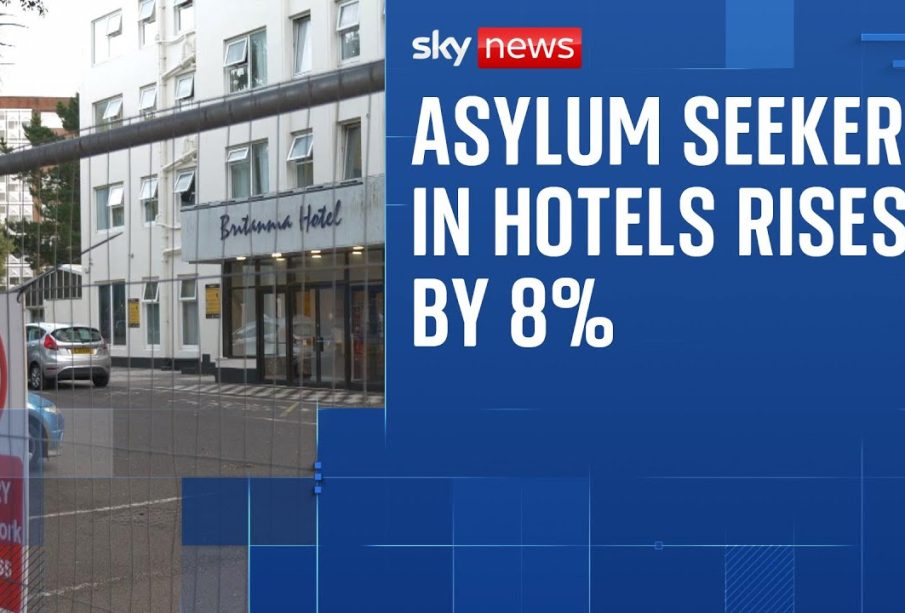The Role of Hotels in Accommodating Asylum Seekers

Introduction
The use of hotels as temporary accommodation for asylum seekers has emerged as a contentious issue in the UK. Amidst an ongoing refugee crisis and growing numbers of individuals seeking refuge, the government has resorted to repurposing hotels to manage the influx. This approach has sparked discussions about the adequacy of support provided and the implications for local communities.
Current Situation
Recent reports indicate that the UK is facing a significant increase in asylum applications, with over 70,000 lodged in 2022, the highest number in two decades. To address the immediate housing needs, the Home Office has contracted numerous hotels across the country. This initiative has raised concerns among local residents regarding the impact on services and resources.
Many of these hotels are being utilised in major cities such as London, Birmingham, and Manchester. Government sources have stated that these accommodations are intended to provide a safe space for newcomers while their applications are processed. However, critics argue that the conditions within these hotels often fall short of being suitable for long-term living, with reports of cramped spaces and insufficient support services.
Response from Local Communities
The deployment of hotels for asylum seekers has prompted mixed reactions from local communities. While some residents offer support and volunteer services to help refugees integrate, others have expressed frustration over the perceived strain on local amenities. There are concerns about rising costs and competition for resources between local populations and newly arrived asylum seekers.
Long-term Implications
As the reliance on hotels continues, questions arise regarding the long-term strategies for accommodating asylum seekers. Experts suggest that relying solely on temporary hotel housing is not sustainable and urge the government to focus on creating permanent and appropriate housing solutions. This includes investments in social housing and improving the asylum processing system to reduce wait times.
Conclusion
The use of hotels as temporary lodging for asylum seekers in the UK highlights a pressing humanitarian issue. While it serves as a stopgap measure in the face of rising applications, it raises significant questions about the adequacy of support provided and the long-term integration of asylum seekers into British society. As communities grapple with the implications, the government must consider strategic, humane solutions that balance the needs of both asylum seekers and local residents.









